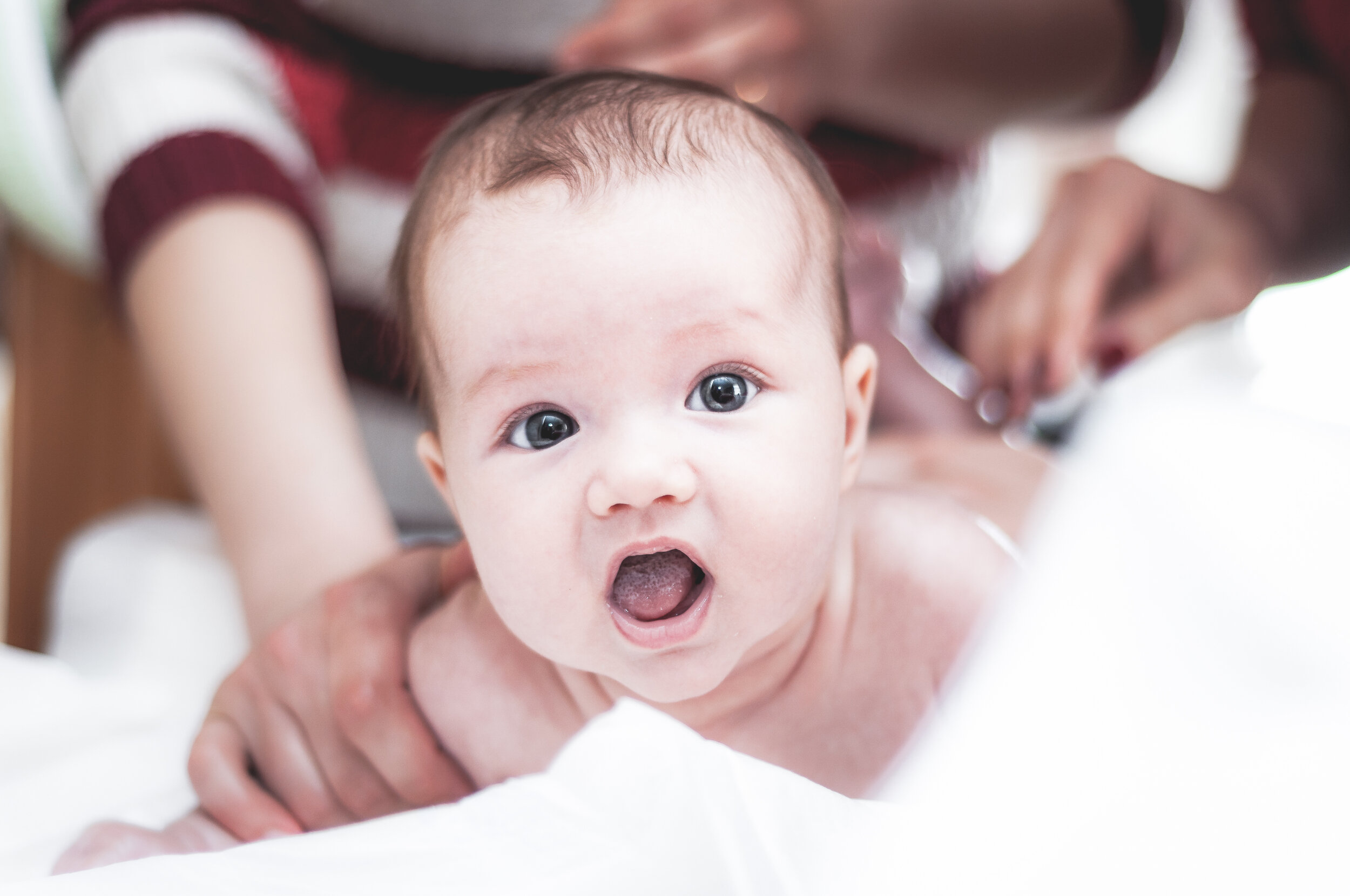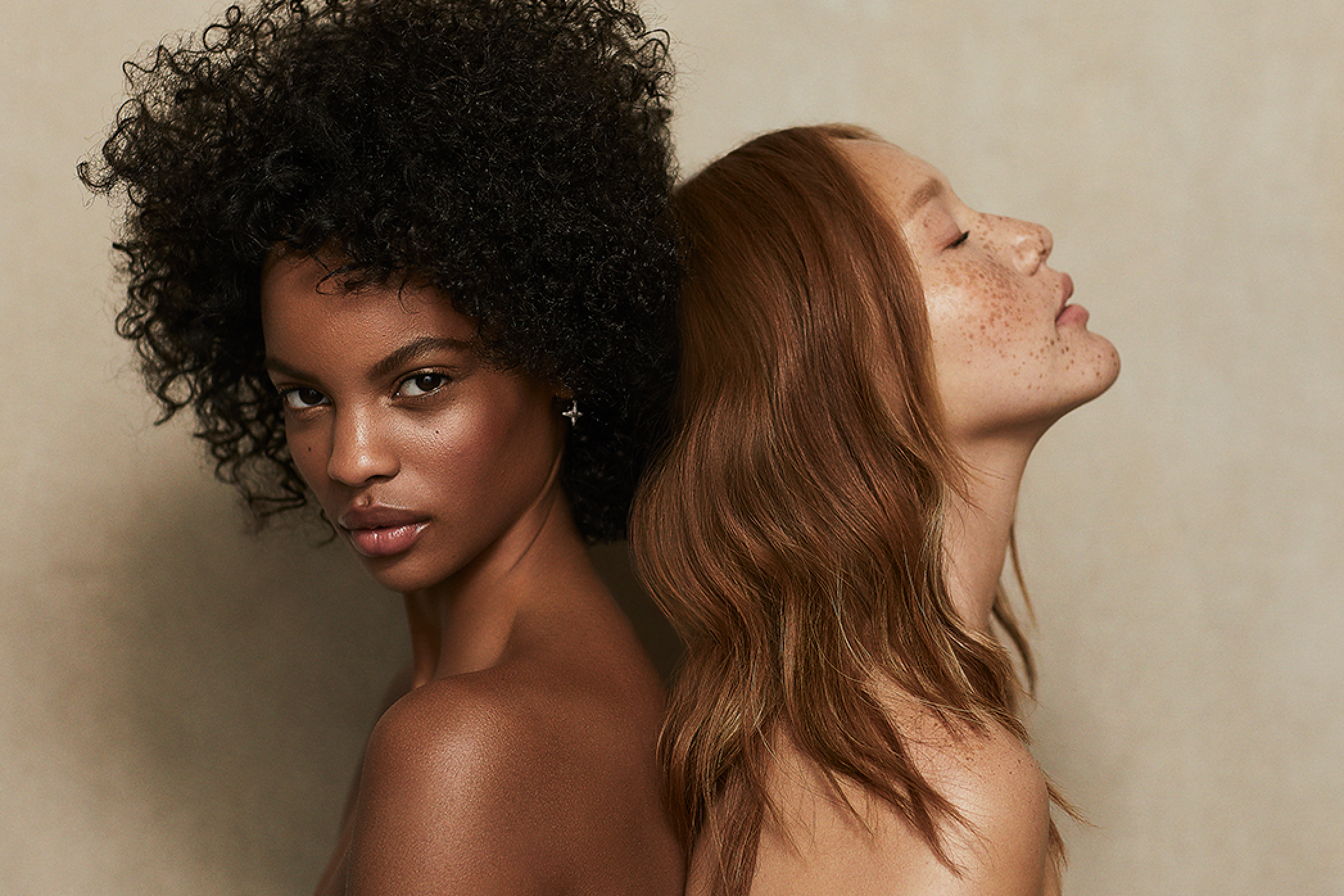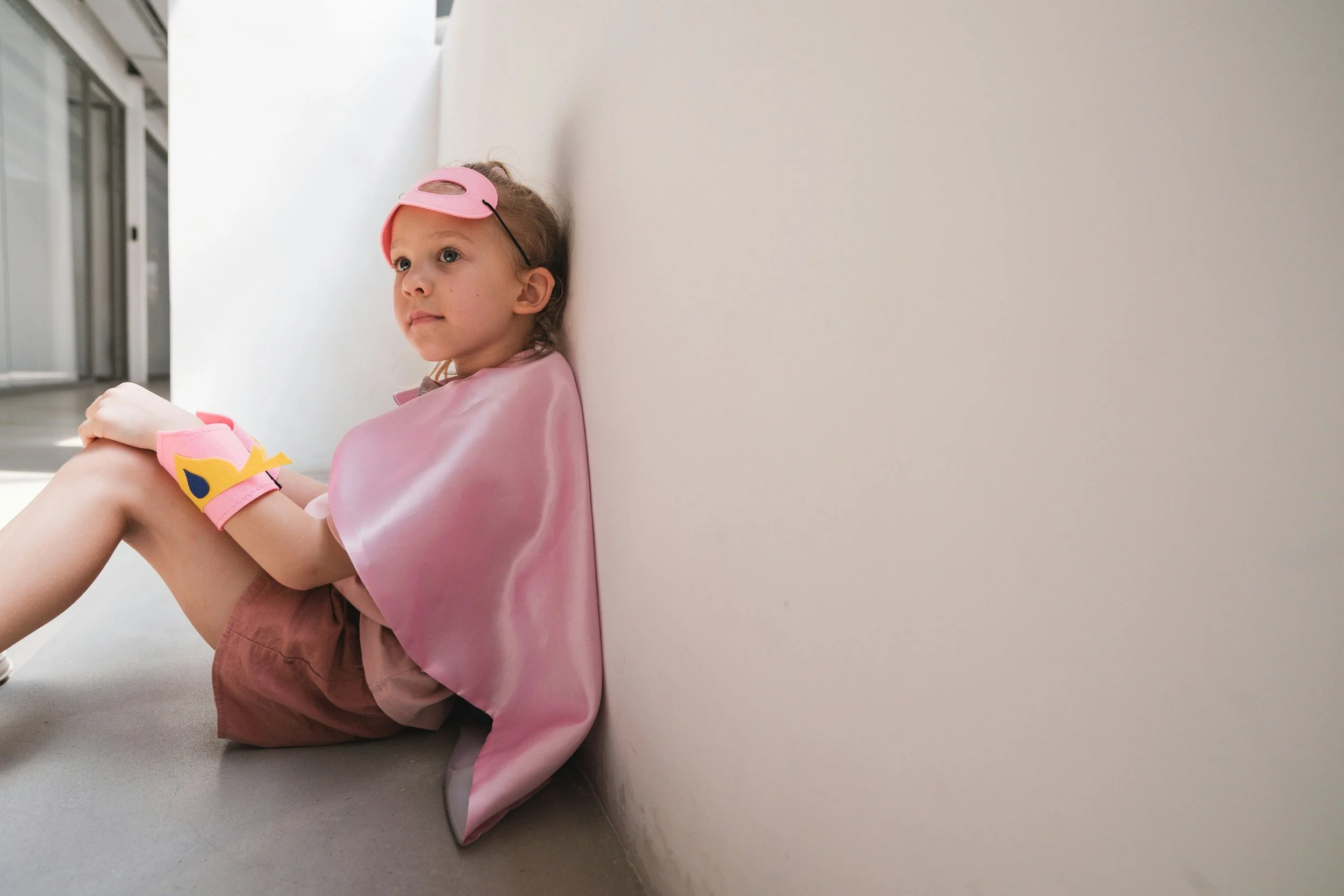5 Must-Have Products to Keep You and Your Baby's Skin Healthy
Despite looking perfect and blemish-free, a baby’s skin is actually very sensitive and fragile. New parents need to be careful with the products they use on their babies, as they can easily develop allergies and other problems if proper skin care is not observed.
But as a mom, it's also important that you take care of your own skin and ensure you aren't using toxic ingredients either, since you're always exposed to your baby and may even be breast-feeding. And while your skin may be more tolerant to products with potent and active ingredients, nothing beats being cautious and only using gentle products.
In this post, we list four essential products that ensure you and your precious little one have healthy skin.
A Gentle Soap
It’s crucial that you both use a gentle and nourishing soap or body wash, especially for your child's extra sensitive skin. Most commercial soaps on the market contain harsh fragrances, and this might trigger an allergic reaction. Additionally, you have to skip any soaps that are labeled as anti-bacterial or have exfoliating ingredients, as these chemicals may be too harsh. In our review of Child’s Farm Baby Wash, we’ve mentioned that it’s best to use soaps and body washes that have naturally derived ingredients. That way, you and your child aren't exposed to harmful synthetic or toxic ingredients.
An Effective Moisturiser
Your baby is prone to suffering from dry skin. That’s why you have to make sure that you apply a moisturizing lotion on their body regularly. There are three main types of moisturizers according to Well and Good: humectants, emollients, and occlusives. The thing about these products is they don't actually add moisture to the skin, but instead prevent moisture from evaporating. To check if a product is effective, check the label for its moisturizing ingredients. Natural ingredients such as sunflower seed oil, beeswax, and natural oils are the safest and least toxic. However, it's still important to consult with your baby's doctor before trying anything.
A Healing Ointment
It's pretty common to see signs of skin irritation like red rashes on babies, especially from diapers. Additionally, there are certain environmental factors, such as moisture and air, that can irritate your baby’s skin. That’s why it’s best that you have a healing ointment in your list of baby essentials. This can help treat their rashes by acting as a physical barrier to prevent it from getting further irritated. You can also use it to treat your minor skin issues such as eczema and broken skin. When looking for an ointment, be sure to look for proven and tested ingredients, like calendula, aloe, zinc oxide, and lanolin.
Supplements
While your baby can pretty much get all the nutrition they need when they drink their formula, breastfeed, or eat solid foods, there are some vitamins essential to skin health such as Vitamin D and Vitamin B12 that you can get from supplements. In fact, Vitamin D can help with skin conditions like eczema and dry skin. Meanwhile, Vitamin B12 has a crucial role in cell production and can promote healthy skin. On the other hand, moms can also take helpful supplements to keep their skin healthy and supple. Pretty Me’s review of Frozen Collagen Supplement notes that ingredients like collagen can help fight visible signs of aging and reduce fine lines. Beyond whitening the skin, collagen can also lessen acne breakouts and promote a more radiant complexion. Another supplement that moms can take for their skin is glutathione, which Vogue recommends for eliminating hyperpigmentation.
An Effective Sunscreen
As we know, sun exposure can have serious health repercussions. Harmful UVB and UVA rays not only burn you and your baby’s skin, but can also make it more susceptible to various skin issues. Because of this, you should always apply a gentle sunscreen on your child before you go out for any outdoor excursions. However, it’s important to note that sunscreen isn’t recommended for babies under six months old. When choosing a sunscreen, What To Expect points out that it needs to have at least 30 SPF. Moreover, watch out for the “broad spectrum” label, which means it can protect you and your baby from both UVB and UVA rays.























